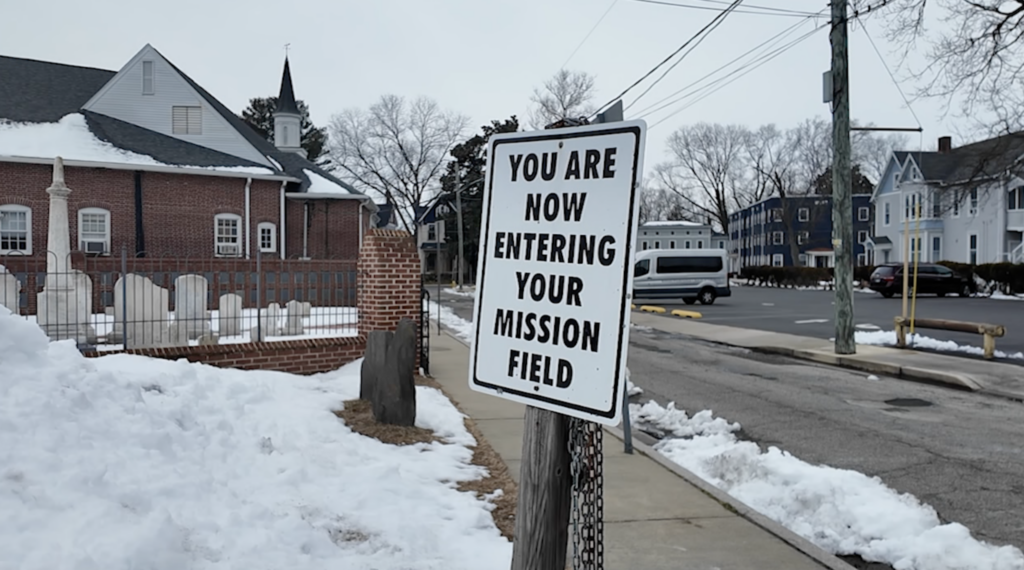Black History Month: How one local doctor is paving the way in health care and fighting for racial equity
WORCESTER COUNTY, Md. – Dr. Nakita Cropper with Atlantic General Hospital is no stranger to the odds that can be stacked against Black health care professionals.
But they didn’t stop her from turning a tragic loss into a reason to suit up in a white coat.
“I had a relative that passed from type I diabetes complications when I was in high school, and that stirred my interest and desire to learn more about diabetes, how to help people with diabetes, and most importantly, how to prevent people from dying from complications of that condition,” said Dr. Cropper.
The Black community is disproportionately impacted by chronic diseases. A 2023 study by the Office of Minority Health revealed that Black or African American adults were 1.4 times more likely than their white counterparts to be diagnosed with diabetes. It’s a statistic that Dr. Cropper is trying to lower, one patient at a time.
“It is a very important job for those of us who are health care professionals to assist our patients and provide them with the information, as well as tools needed to manage their chronic health conditions,” said Dr. Cropper.
Between meetings with patients and educating residents, Dr. cropper said she’s just doing her part in creating a healthier community. She told WMDT a big part of her medical success is who she is and who she’s reaching out to.
“We know that minorities in particular are underrepresented in the stem fields, which include medicine and health care,” said Dr. Cropper. “By exposing younger people of color to African American health care professionals, it lets them know that they are able to achieve the same goal and to assist our community.”
Dr. Cropper hopes to pave the way for future Doctors, so the diverse patient population on the shore can have fair and equitable access to health care.
“Just having additional training allows you to meet with a patient, to understand some of their unique needs, as well as beliefs, when it comes to the acceptance of medication,” said Dr. Cropper.


